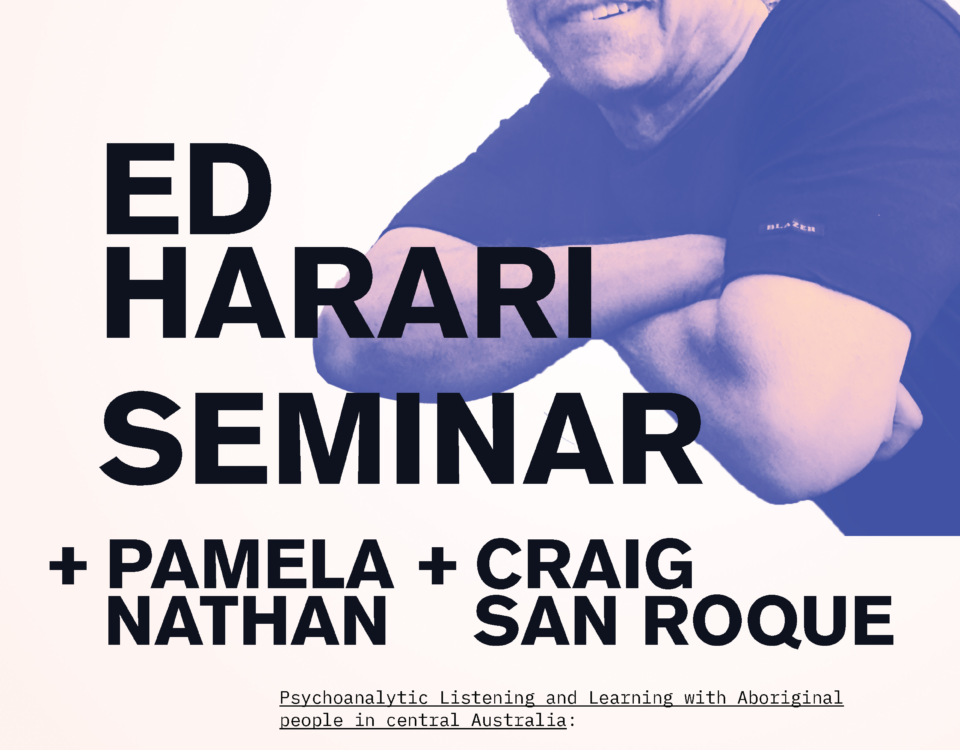Letter to the Editor – Place to call home is central to wellbeing
March 19, 2015STOP the closure of remote communities in WA
April 29, 2015By Pamela Nathan
Re: ‘Elder says Abbott does not understand lifestyles of Aboriginals’, NT Country Hour on ABC Rural, 12 March 2015
It was great to hear this interview with Irene Nangala – a proud Elder of the remote community of Kintore, 500 km west of Alice Springs and 50 km from the West Australian border – who is ‘disappointed’ with Tony Abbott’s comments about ‘lifestyle choice’ in relation to Aboriginal people living in remote communities.
Irene is a member of the community that moved from Papunya back to her homeland, Kintore, in the 1980s. She knows of the problems that occur when her people are moved off their homelands and into the larger settlements.
She says, “My grandparents were travelling around Kintore a long time before us. Kintore is our home and we would like to stay there for the rest of our life”.
Ms Nangala said she wanted to keep living in Kintore so she could care for her land and go out and see the rock holes.
“We’ve got dreaming stories there,” she said.
CASSE’s Aboriginal Australian Relations Program is proud to work with the communities of Kintore, Papunya, Haasts Bluff and Mt Liebig through the Tjilirra Traditional Tools – Life Tools project.
This project supports male Elders passing on their traditional tool-making skills to young male initiates and developing mental health tools for living.
The Tjilirra project combines conserving and making traditional cultural tools with mentoring the cultural capabilities of young initiates and developing life skills. The project goal is to develop traditional cultural tools, which will in turn create tools for living and a space to talk between the generations about current problems and future possibilities.
Traditional tools and dreaming stories used in the past to save lives on country can now be used to develop life skills. The making of the tools (tjilirra) provides a way of engaging different male age groups including young initiates and generations to open up and share psychological conversations. This, in turn, can deepen relations, connections, understandings, and respect for each other and their cultural knowledge, law, wisdom and past, present and future lives.
The Tjilirra project recognises the importance of young men learning about traditional culture and skills, on country, to keep their culture alive and strong into the future, and to strengthen their sense of purpose and identity. It is not a ‘lifestyle choice’. It is of critical importance for the future of our remote communities.





